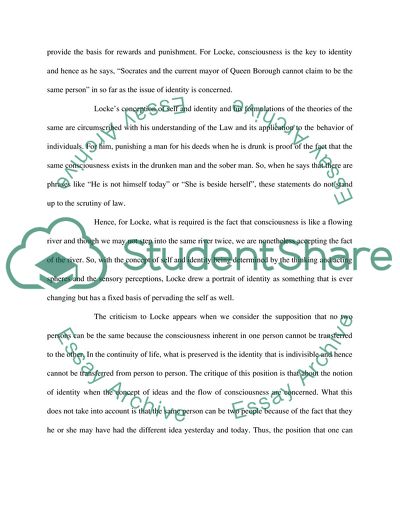Cite this document
(A Philosophical Debate about Personal Identity in the Modern Period Term Paper, n.d.)
A Philosophical Debate about Personal Identity in the Modern Period Term Paper. Retrieved from https://studentshare.org/philosophy/1728310-a-philosophical-debate-about-personal-identity-in-the-modern-period
A Philosophical Debate about Personal Identity in the Modern Period Term Paper. Retrieved from https://studentshare.org/philosophy/1728310-a-philosophical-debate-about-personal-identity-in-the-modern-period
(A Philosophical Debate about Personal Identity in the Modern Period Term Paper)
A Philosophical Debate about Personal Identity in the Modern Period Term Paper. https://studentshare.org/philosophy/1728310-a-philosophical-debate-about-personal-identity-in-the-modern-period.
A Philosophical Debate about Personal Identity in the Modern Period Term Paper. https://studentshare.org/philosophy/1728310-a-philosophical-debate-about-personal-identity-in-the-modern-period.
“A Philosophical Debate about Personal Identity in the Modern Period Term Paper”. https://studentshare.org/philosophy/1728310-a-philosophical-debate-about-personal-identity-in-the-modern-period.


